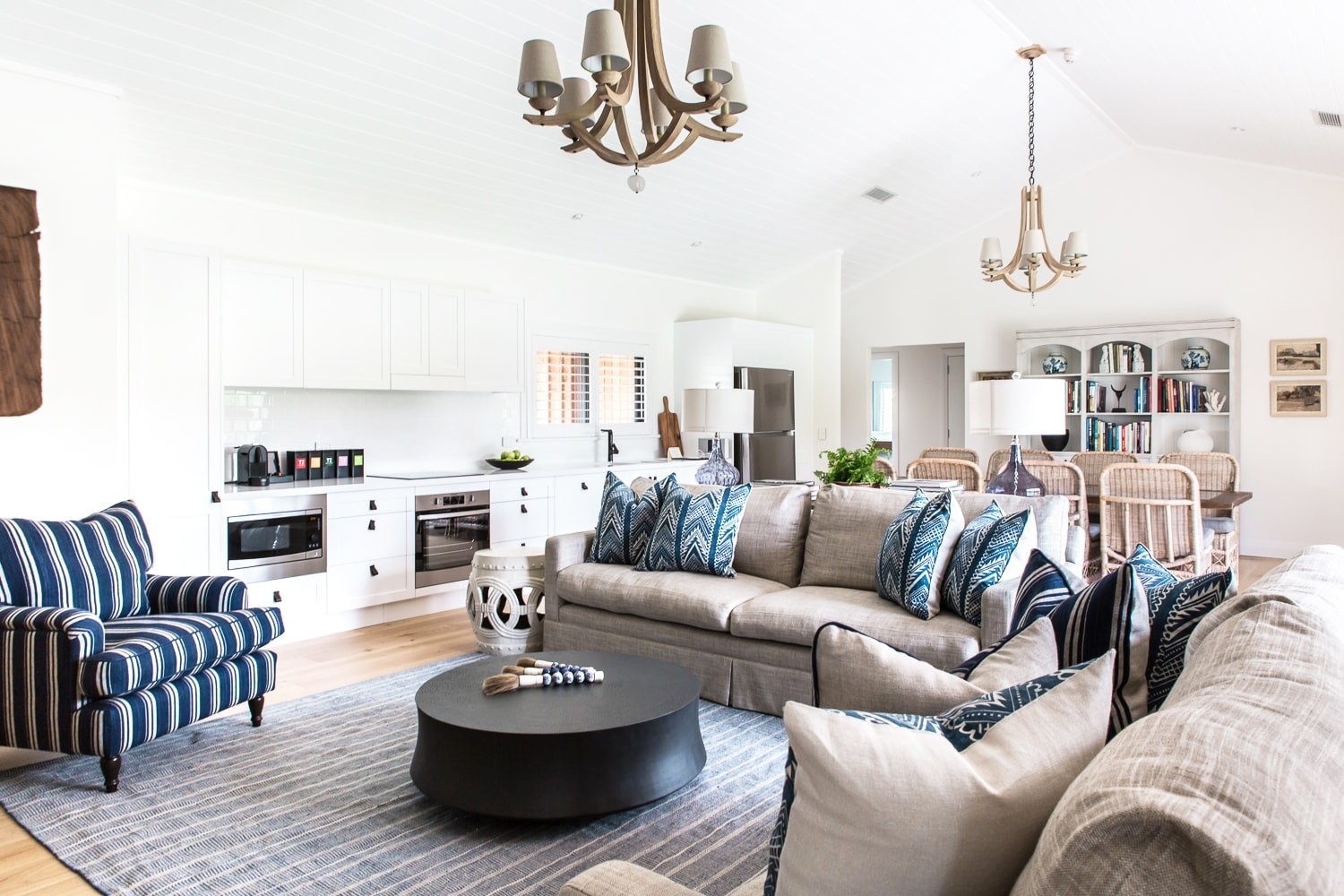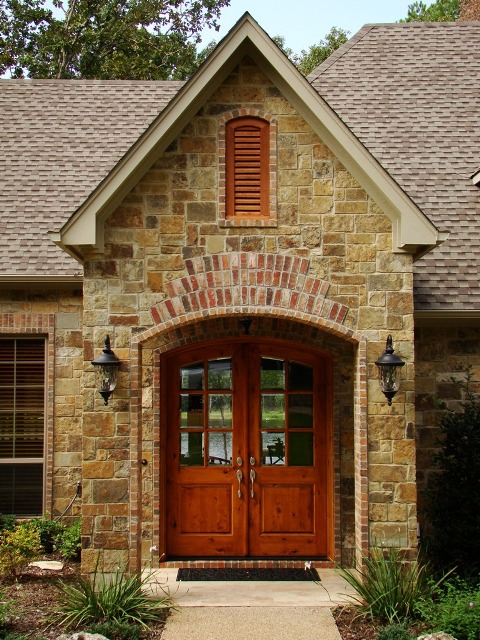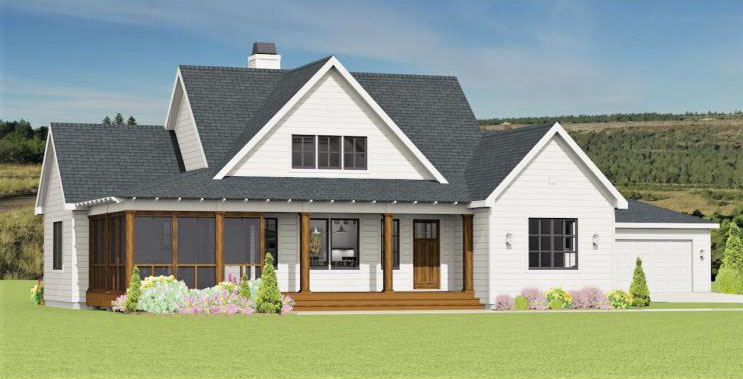
Vinyl siding is a cost-effective and easy to install exterior cladding option. Besides its practical and stylish appeal, it also helps you reduce your energy bill. You have the option to select from a variety of styles, colors, and designs. To make your job easier, there are pre-cut sizes.
It's clear why vinyl is so popular. Vinyl is durable, economical, and requires very minimal maintenance. It's also available in a variety colors, textures, as well as styles. It can also fade in direct sunlight.
Brick is a strong cladding material that can last a long time. It can withstand both hot and cold temperatures. It can withstand dirt penetration and has excellent sound transmission resistance. Brick can last for up to 100 years if it is installed correctly, while vinyl will only last about 20.

Choosing the right material can have a huge impact on the resale value of your home. For instance, choosing wood for your siding will not only make your house look shabby, but it can rot and be damaged by insects. Wood requires staining or painting to look its best.
Vinyl is an excellent material, but you need to consider whether it is the right choice for you. Vinyl is more susceptible to dents, gashes and fire than other materials. Also, consider the area's real estate market. You might be able to find an alternative that is cheaper.
Vinyl is also known for its sun-fading properties. But, fortunately, there are more modern solutions available that are designed to withstand this problem. You can be sure that your cladding will last for many years.
Although choosing the right material to clad your exterior walls can seem daunting, it's worth the effort. It will not only save you money but also increase your home's value. Vinyl can be a good option, even though it isn't for everyone.

The most suitable option for you and your location is the best. As a matter of fact, it's a good idea to consult with a professional to determine whether it's the best option for your situation. Brick, among the many options, is an option that provides the durability you desire and the functionality you want, at a low price.
There is no perfect material. But the best choice for you home is one that fits your lifestyle and is also cost-effective. Brick is a popular resell material due to its elegance and practicality. Before you make your decision, take into consideration the realty market and your financial budget. If you do not, you may regret the decision.
FAQ
How Much Does It Cost To Renovate A House?
The type of material, the project size and the complexity of renovations will all impact the cost. Certain materials, such as wood, require special tools like drills and saws. Others like steel don't. The price of renovations depends on whether you hire a contractor to do the job or if you are willing to do the work yourself.
The average cost for home improvements projects is $1,000 to $10,000. The total cost for a home renovation project would be $5,000 to $25,000 if you hire professionals. On the other hand, if you decide to do the entire task yourself then the total cost could reach up to $100,000.
The final cost for renovation depends on many factors. You should consider the material used, such as brick vs concrete. They include the type of material used (e.g., brick vs. concrete), the size and number of workers involved, as well as the length of each project. You must always keep these factors in mind when estimating the total cost of renovation.
Do I need an architect/builder?
If you are planning to renovate your own home, it may be easier to just hire someone else to do the work for you. However, if you are planning to buy a new home, then hiring an architect or builder will help you make sure that you get exactly what you want.
What should I consider when buying a new home?
You should ensure that you have sufficient funds to cover the closing costs of your new home before purchasing it. You might consider refinancing your mortgage if you don't have enough money.
How can you remodel a house without spending any money?
When renovating a home without spending money, the following steps should be followed:
-
Make a budget plan
-
Find out which materials you require
-
Decide where you want them to go
-
Make a list with the items you need to purchase
-
Find out how much money your have
-
Plan your renovation project
-
Start working on your plans
-
Do some online research
-
Ask friends and family to help
-
Get creative!
How can I avoid being ripped off while renovating my home?
Knowing what you're paying for is the best way to avoid being scammed. It is important to carefully read all terms and conditions before signing any contract. Don't sign any contracts that aren't complete. Always ask for copies of signed contracts.
Statistics
- A final payment of, say, 5% to 10% will be due when the space is livable and usable (your contract probably will say "substantial completion"). (kiplinger.com)
- They'll usually lend up to 90% of your home's "as-completed" value, but no more than $424,100 in most locales or $636,150 in high-cost areas. (kiplinger.com)
- Rather, allot 10% to 15% for a contingency fund to pay for unexpected construction issues. (kiplinger.com)
- It is advisable, however, to have a contingency of 10–20 per cent to allow for the unexpected expenses that can arise when renovating older homes. (realhomes.com)
- The average fixed rate for a home-equity loan was recently 5.27%, and the average variable rate for a HELOC was 5.49%, according to Bankrate.com. (kiplinger.com)
External Links
How To
Where can i find information about home renovations?
It's a great way to save money and improve your home. You can make your home look better without spending too much money. You can paint, landscape, or add a hot tub to your home. You can find many resources online to help you make these changes.
The internet is full of useful information regarding home improvement projects. Many websites offer detailed instructions for how to accomplish various tasks. You can see how your house would look after you have completed each task on many of these websites.
Professionals might also publish articles on home improvement topics. A magazine article might tell you which paint is best for your walls. This article might give you ideas on how to choose colors and paint types that match your existing decor.
Websites that offer advice and suggestions on home improvement are also available. You can find great information on home improvement projects at websites like Yelp.com and Pinterest.com. Each website contains useful information about products, services, and other relevant topics.
Some websites only focus on home improvements. Lowe's.com, for example, allows you to view the company's entire catalog of tools and other materials that are used in home improvements. You may also find useful information on how to choose and install window treatments.
Home improvement projects can be fun, interesting, and rewarding. Learn about these topics to improve your home.